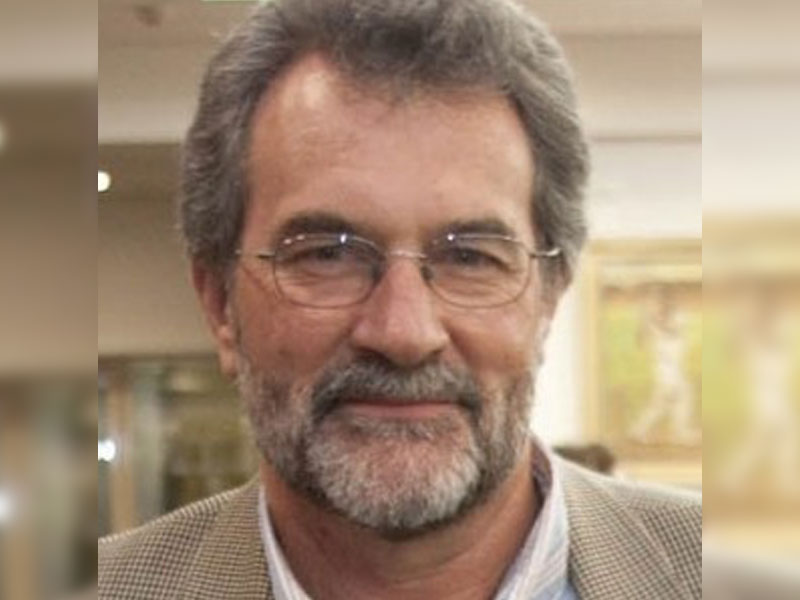Jeremy Ward
An advocate is one who pleads for or on behalf of another.
Why do people with disability need Advocacy?
- Rejection is common
- Myths, stereotypes and low expectations limit life opportunities
- As a devalued “minority”, needs are not well-understood or commonly considered
- The “special path” is the default
- The person may have few relationships and may be isolated from others who would speak up
The impact of the impairment:
- Person may not be able to communicate what is happening – need someone to “speak on their behalf”
- A person may not see or understand that they are being mistreated
- A person may lack insight about the situation
- A person may be physically restricted leading to reliance/dependency on others
Impact of the social context:
- Low standards of service or treatment are often offered
- Entrenched discrimination means legitimate claims are seen as burdensome or unreasonable
- Prior experiences of rejection, devaluation and oppression can mean that the person and others have become accustomed to “lesser” treatment
- Rights ignored – privileged do not feel compelled to action because there are limited consequences for poor treatment
- People with disability cannot rely on their rights being routinely upheld
When rights are ignored or not honoured, or non-existent, people with disability need “more” … That “something more” is advocacy
Principles of Advocacy
1.Being on the side of the disadvantaged person/s
2.Emphasis on major needs and welfare issues
3.Fidelity, especially over the long term
4.Having minimal conflict of interest
5.Vigour of action
6.Cost to advocate
7.Being mindful of the plight of parties even more needy
Some Advocacy Fundamentals
Be clear on the vision – What do I want for my family member? What will bring me closer to that vision?
Use advocacy principles – when in doubt, or feeling stuck, how can they guide us?
Get support – share the action
Advocacy Strategies
- Work at clarifying and being able to articulate your vision clearly
- Use your support network to plan and identify barriers and strategic action
- Be meticulous in your records – take notes of what was said Identify key people you need to influence
- Be clear about your bottom lines – what you will accept and not accept
- Be clear about what you are advocating for – go in with a plan, ask for what you want or for specific action to happen
- Anticipate the counter arguments – have your script ready Be sure you are respectful, truthful and “above reproach” in all dealings
- Look the part.
“Because it is people who keep people safe – not organisations. We need to work out ways of supporting committed individuals to remain in the live s of those we love; even without the support of an organisation; people who will safeguard our vision and our plans”.
